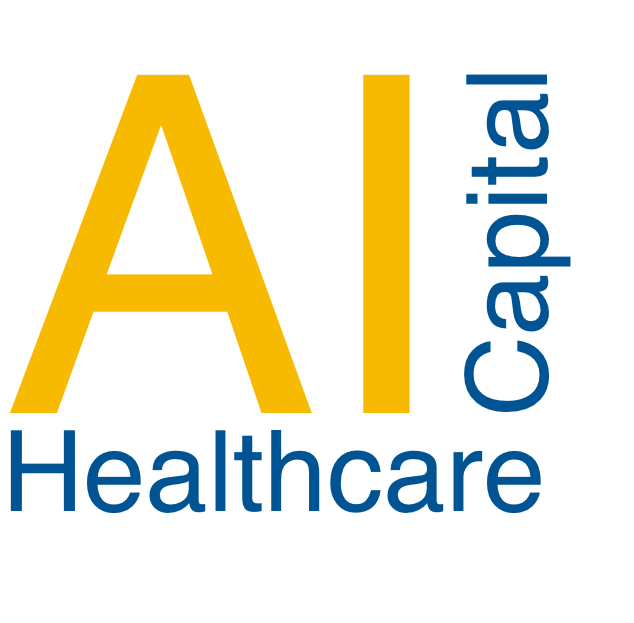by Ewelina Woloszyn, August 13, 2023
“The past cannot be changed. The future is yet in your power.” Mary Pickford
In today’s rapidly advancing digital age, the healthcare industry is leveraging technology to enhance patient care and improve outcomes. One such technological innovation is the use of Artificial Intelligence (AI), which has the potential to revolutionize patient-provider interactions. By harnessing the power of AI, healthcare professionals can create meaningful and inspiring connections with their patients, leading to better engagement, personalized care, and improved overall well-being.
Enhanced Personalization
AI-powered systems can analyze vast amounts of patient data, including medical history, lifestyle habits, and preferences, to provide personalized care plans and treatment recommendations. This level of personalization helps healthcare providers understand their patients on a deeper level and tailor their approach accordingly. By considering individual patient needs and preferences, providers can foster stronger connections and instill a sense of trust and collaboration.
Intelligent Decision Support
AI algorithms can assist healthcare providers in making accurate and timely decisions by analyzing complex data sets, identifying patterns, and predicting outcomes. This support empowers providers to deliver more informed and evidence-based care to their patients. By having access to real-time insights and recommendations, healthcare professionals can engage in more productive discussions with patients, involving them in the decision-making process and inspiring confidence in their treatment plans.
Virtual Assistance and Telehealth
AI-driven virtual assistants and chatbots are becoming increasingly prevalent in healthcare settings. These tools can provide patients with immediate support and guidance, answering common questions, and directing them to appropriate resources. Additionally, telehealth platforms powered by AI enable remote consultations, monitoring, and follow-ups, allowing patients to access care from the comfort of their homes. These virtual interactions not only enhance convenience but also foster ongoing patient-provider connections and continuity of care.
Early Intervention and Preventive Care
AI algorithms can help identify early warning signs and detect trends that may indicate potential health issues. By analyzing data from wearable devices, electronic health records, and other sources, AI systems can alert healthcare providers to take proactive measures. This approach enables timely interventions and empowers patients to make informed lifestyle choices that can prevent or manage chronic conditions, strengthening the patient-provider bond based on shared goals for improved health.
The integration of AI in healthcare opens up exciting possibilities for inspiring patient connections. By leveraging AI technologies for enhanced personalization, intelligent decision support, virtual assistance, and proactive care, healthcare providers can create meaningful and engaging interactions with their patients. These connections promote trust, engagement, and collaboration, resulting in improved patient satisfaction, better health outcomes, and ultimately, a more compassionate and patient-centric healthcare system. As AI continues to evolve, its potential to inspire patient connections will undoubtedly shape the future of healthcare for the better.





